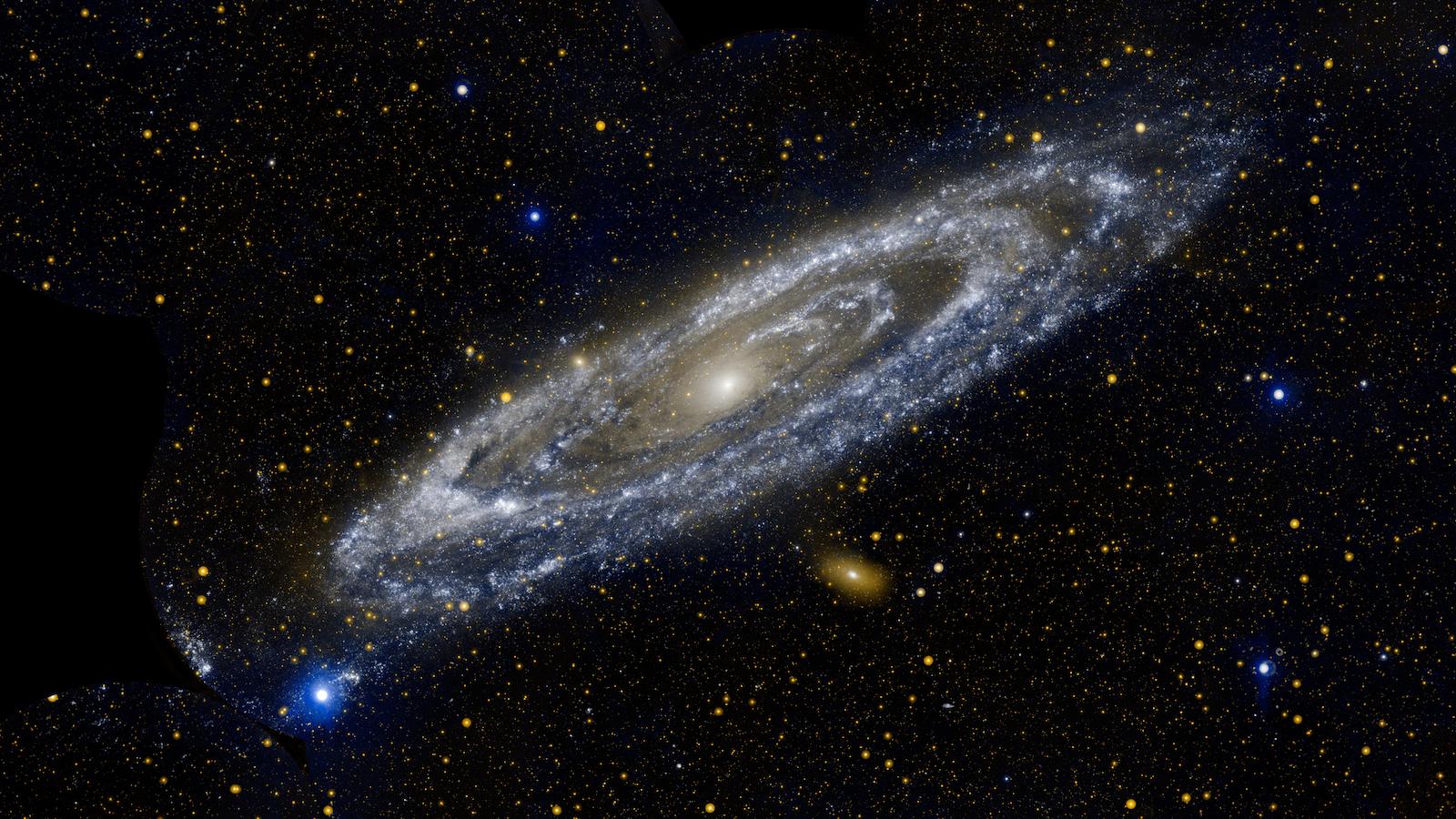Bugs in Space: Can They Survive?
Get the world’s most fascinating discoveries delivered straight to your inbox.
You are now subscribed
Your newsletter sign-up was successful
Want to add more newsletters?

Delivered Daily
Daily Newsletter
Sign up for the latest discoveries, groundbreaking research and fascinating breakthroughs that impact you and the wider world direct to your inbox.

Once a week
Life's Little Mysteries
Feed your curiosity with an exclusive mystery every week, solved with science and delivered direct to your inbox before it's seen anywhere else.

Once a week
How It Works
Sign up to our free science & technology newsletter for your weekly fix of fascinating articles, quick quizzes, amazing images, and more

Delivered daily
Space.com Newsletter
Breaking space news, the latest updates on rocket launches, skywatching events and more!

Once a month
Watch This Space
Sign up to our monthly entertainment newsletter to keep up with all our coverage of the latest sci-fi and space movies, tv shows, games and books.

Once a week
Night Sky This Week
Discover this week's must-see night sky events, moon phases, and stunning astrophotos. Sign up for our skywatching newsletter and explore the universe with us!
Join the club
Get full access to premium articles, exclusive features and a growing list of member rewards.
Catching a free ride to Mars takes more than sticking out a thumb, but some hardy Earth bacteria could survive as hitchhikers clinging to the outside of spacecraft, studies have shown.
Now a set of experiments going up with space shuttle Atlantis to the International Space Station will test how exposure to the harshness of space might change bacteria during a simulated Mars mission.
"We are interested in understanding what types of damage are induced in cells and their DNA by exposure to space, what types of mutations may be induced, and how these mutations might drive evolutionary adaptation to the extreme selective environment of Mars," said Wayne Nicholson, a University of Florida Institute of Food and Agricultural Sciences astrobiologist working from NASA's Space Life Sciences Laboratory at the Kennedy Space Center.
Although previous tests exposed different microbes to the space environment for up to six years, Nicholson noted that the experiments mostly "tested whether the bugs could survive long-term exposure to space" as opposed to seeing how the bacteria changed in response to space radiation.
Bacteria that can survive extreme environments interest researchers for several reasons. Any Earth bacteria that escaped NASA's "clean rooms" and took a trip to Mars might contaminate efforts to find evidence of Martian life. Looking beyond, bacteria that can survive long space journeys on comets or interplanetary shards also provide evidence supporting the panspermia theory that the seeds of life are everywhere and can survive hopscotch trips from one space object to the next.
The current shuttle experiment—a collaborative effort between the University of Florida, NASA, the European Space Agency and the German Aerospace Center (DLR) in Cologne—will take place for more than a year on an external space station platform called EXPOSE. That platform will be installed outside of ESA's Columbus laboratory module upon delivery by space shuttle Atlantis flight STS-122.
"Our immediate goals right now are to hope for a safe launch and deployment, and to work on our simulations and ground control experiments so that we will be completely prepared for processing the samples when they return from Earth orbit," Nicholson said.
Get the world’s most fascinating discoveries delivered straight to your inbox.
 Live Science Plus
Live Science Plus











